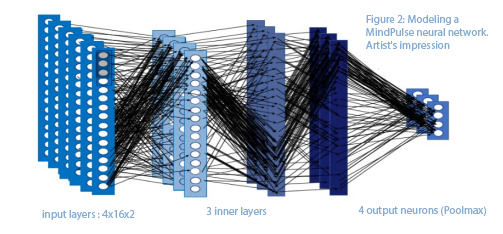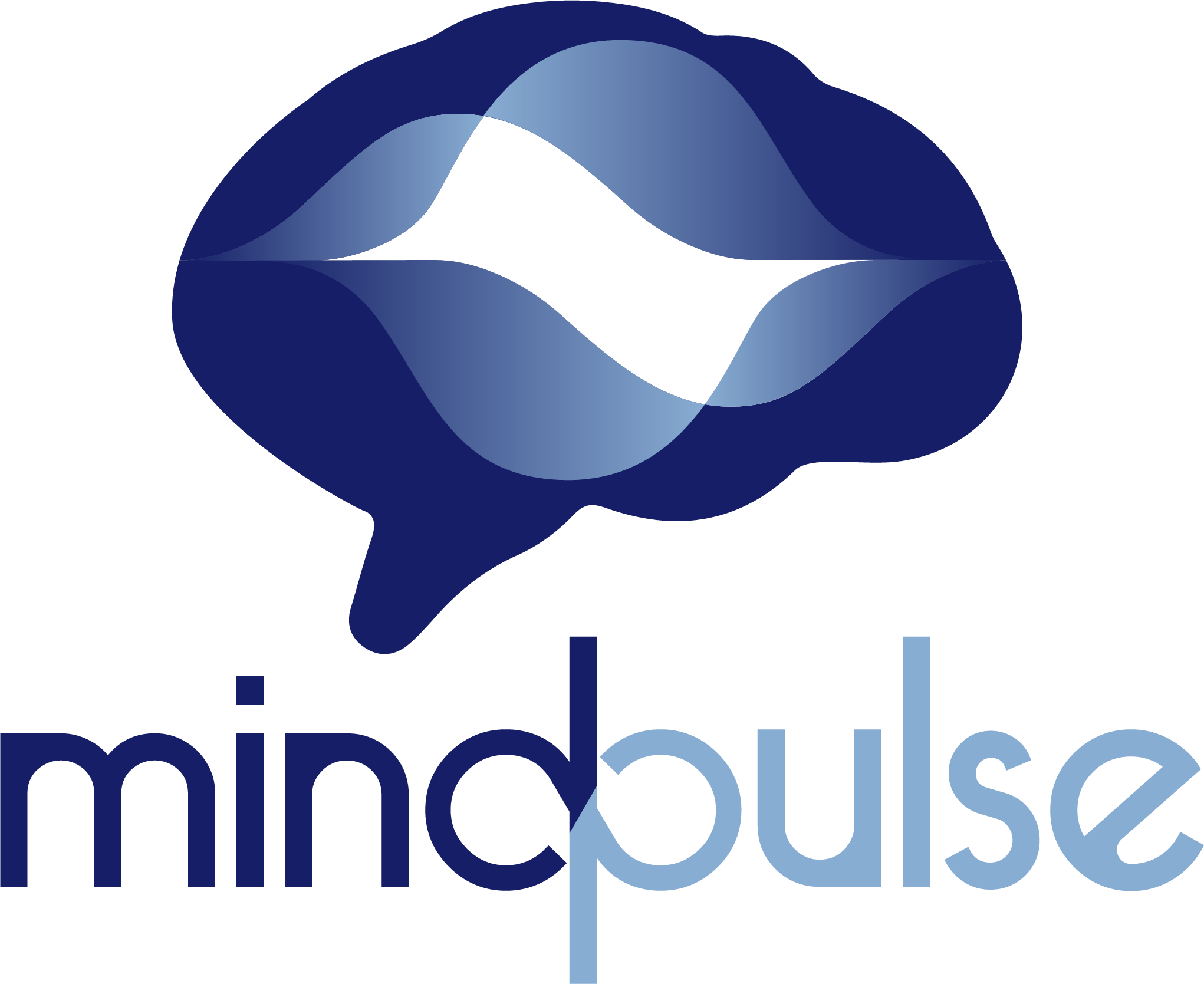A cognitive test measuring attention and executive functions using Artificial Intelligence and measures of decision diffusion within neural networks!
Preliminary results are remarkable, showing correlation with clinical outcomes in depressed patients.
In recent years, “classic” cognitive tests have shown limitations in measuring attention, with the American Academy of Pediatrics, in particular, publishing a report on their challenges in correlating with clinical ADHD symptoms in children. Conversely, studies adopting the physics-mathematical model of Decision Diffusion (DDM) within neural networks, as proposed by Ratcliff, have demonstrated their capability to measure clinical signs of ADHD in scientific models based on Go-No-Go tests. However, these models were too complex for practical clinical use. With the advent of Artificial Intelligence, it has now become possible to comprehend subtle variations associated with the condition, which were previously too intricate for human analysis.
At the forefront of research, MindPulse has made significant strides in both of these domains, and the initial findings on major depressive disorder confirm the clinical utility of this advanced 3.0 assessment tool.

What are the latest advancements from MindPulse?
-
Decision Diffusion in Neural Networks
Through a collaboration with top-tier mathematicians, MindPulse has successfully implemented an analysis of decision diffusion in a subject’s neural networks (Diffusion Decision Model, DDM). This has yielded new insights into a subject’s decision-making capacity, which are more fundamental and thus closely aligned with the biology of cognition and clinical indicators.
-
Artificial Intelligence on Decision Evolution Profiles (DEP)
MindPulse’s team of researchers and engineers has developed a classification Artificial Intelligence capable of assessing dynamic adaptation profiles to decision-making for each subject. These profiles allow us to observe how each subject adapts and evolves their decision-making throughout the test. What the AI analyzes is not a standard result composed of average performance metrics but rather the dynamics through which each subject adapts as the task progresses..

The profiles generated by the AI take into account subjects’ speed, accuracy, variability, and changes in performance over the course of the test,including behavioral modifications after an error. Cognitive measurements become “dynamic” rather than static snapshots, bringing them much closer to real-world functioning.
Major Unipolar Depression: Initial Findings (By the team of Prof. EL HAGE)
A recent study, conducted in collaboration with MindPulse on Major Unipolar Depression, implemented MindPulse’s AI Research solutions to test the model on actual patients. The AI-derived profiles from patients with major unipolar depression reveal that only 38% of subjects with major unipolar depression align with the decision-making strategies used by control subjects.
his disparity in decision evolution profiles among depressed subjects is associated with clinical symptomatology.
This result marks the first direct link between a cognitive test and clinical symptomatology, offering promising avenues for the advancement of neuropsychological assessment.
The research conducted by the psychiatry research team at the CHRU de Tours, presented at the JNPN (Journées Neurosciences Psychiatrie Neurologie) conference by Ms. Camille Raysséguier (a student under the supervision of Prof. El Hage and Mr. Alexis Vancappel, Neuropsychologist), received the award for the best scientific poster.
Conclusion:
MindPulse continues its technological development and implements cutting-edge AI and mathematical solutions through research endeavors. The introduction of these new tools allows for a more dynamic observation of subject adaptation during a task and the extraction of adaptation characteristics with varying degrees of intensity and difficulty over time. These advancements yield unprecedented clinical insights: MindPulse demonstrates that slowing down occurs in both perceptual-motor and executive functions within a population with major unipolar depression.
MindPulse’s AI has shown that decision evolution profiles are affected in patients with major unipolar depression, confirming, for the first time, the correlation of MindPulse with both the tools commonly used in neuropsychology and clinical symptomatology. MindPulse thus provides reliability and sensitivity.
With these advancements, MindPulse transitions from static to dynamic models and aims to identify reliable cognitive and pathological biomarkers for more targeted treatments.
Also, refer to Mr. Bressot’s article:
